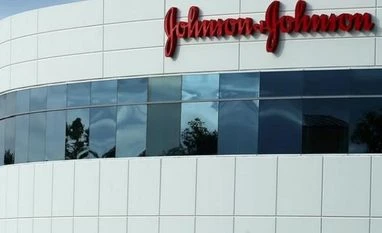Johnson & Johnson (J&J) said on Friday it would work with the Indian government to compensate patients who suffered from artificial hip implants the US healthcare company recalled eight years ago.
Last month, a government panel recommended that J&J pay compensation of at least Rs 2 million ($27,812) to each patient who received an ASR hip implant in India, an estimated 4,700 people. The federal government has asked states to help the patients get relief soon.
"We have always been and continue to be fully committed to supporting all ASR patients in India, and the rest of the world," a J&J spokeswoman said in a statement emailed to Reuters.
"In light of the recent committee report, we are seeking to work with the Indian government to develop an appropriate process for providing further support and compensation for patients in need," she added.
The ASR hip implants were recalled in 2010 after data suggested they failed at a higher-than-expected rate.
In 2013, the firm agreed to pay nearly $2.5 billion to settle thousands of lawsuits from patients in the United States who said they were injured by the implants.
More From This Section
In India, the company paid $2 million to patients for repeat surgeries and about $250,000 in related diagnostic costs under its ASR reimbursement programme, but the government panel criticised J&J for offering no compensation.
About 93,000 people worldwide received ASR implants, the panel said in its report to the government, about 4,700 of them in India.
Metal hip implant systems such as ASR were designed to be more durable than a traditional metal-on-plastic, ball-and-socket design. But many Indian patients suffered adverse reactions to the implant, the panel said.
J&J entered the Indian market in 1947 when it started selling its now-ubiquitous baby powder. The company has in recent years faced issues such as price caps on medical devices.
)